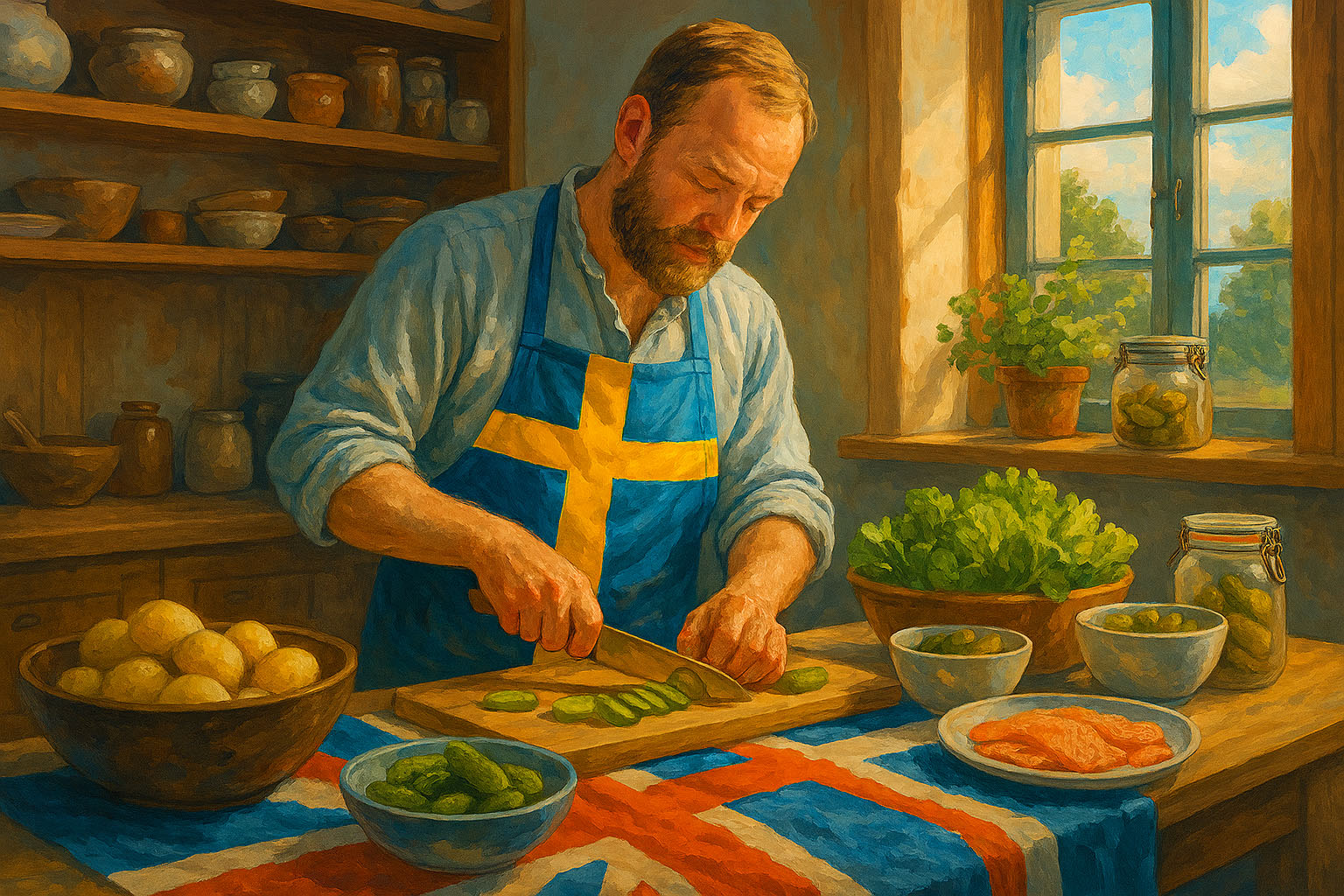Sweden has launched its first national food stockpiling program since the Cold War, a move officials say is vital as Europe faces mounting geopolitical instability.
The initiative, announced in Parliament, comes as Russia’s war in Ukraine, energy market volatility, and hybrid threats such as cyberattacks expose vulnerabilities in modern supply chains. Civil Defence Minister Carl-Oskar Bohlin warned lawmakers that Sweden faces “a security situation not seen since the end of the Cold War,” stressing the need for “total defence” that includes civilian readiness.
The program, budgeted at 1.5 billion kronor (about $140 million USD), will stockpile flour, rice, sugar, cooking oil, and canned proteins. Distribution hubs will prioritize vulnerable groups, including the elderly and rural communities. Officials aim to ensure every citizen has at least 72 hours of food security, with plans to extend that to two weeks in high-risk scenarios.
Sweden’s last major reserves were dismantled in the 1990s, but recent crises — from COVID-19 supply chain shocks to Russia’s invasion of Ukraine — have renewed concerns. Analysts point to incidents like the 2024 Balticconnector pipeline rupture as reminders of how infrastructure and resources can be weaponized.
Public opinion is divided: polls show 62% support the plan, while younger Swedes mock it online as “Apocalypse IKEA.” Critics, including Green Party MP Per Bolund, argue stockpiling alone is insufficient and call for greater investment in local agriculture.
The move aligns Sweden with a broader European trend. Finland has expanded its emergency reserves, and Germany has revived Cold War-era bunkers. EU officials have warned that “food sovereignty is the new frontline in Europe’s defence strategy.”

